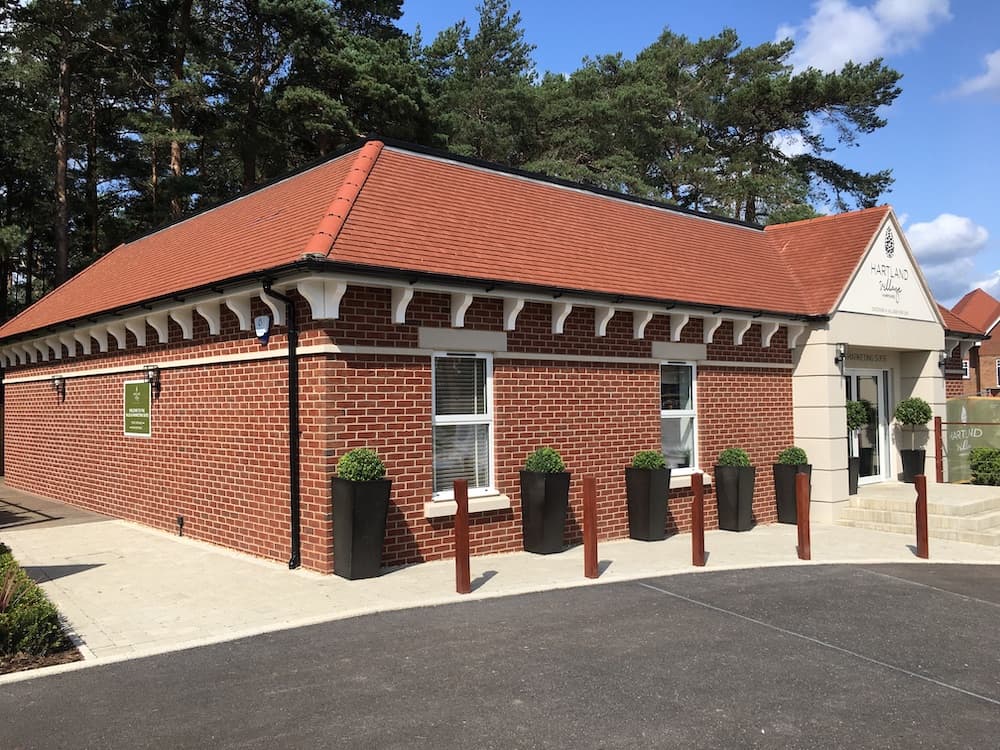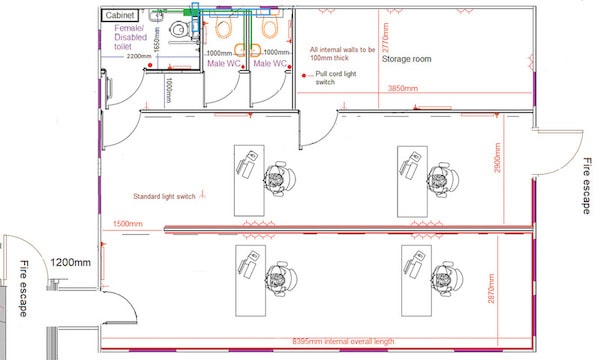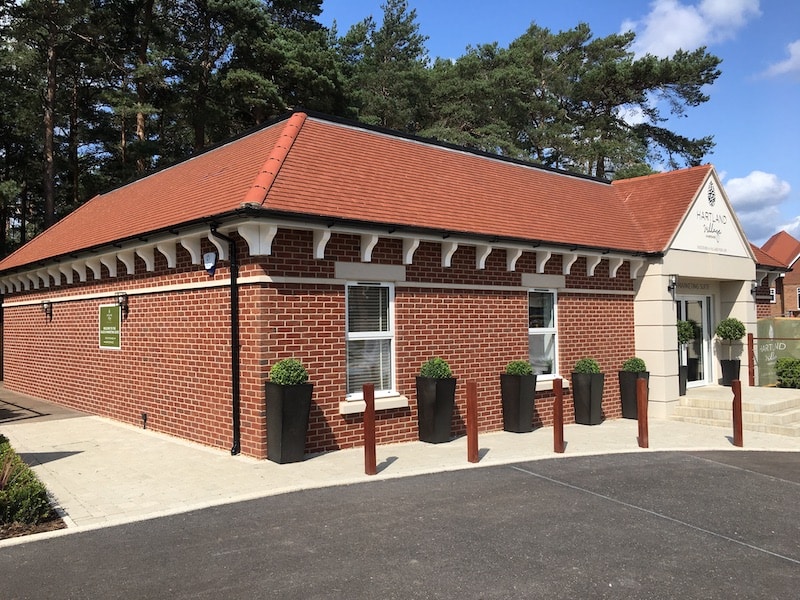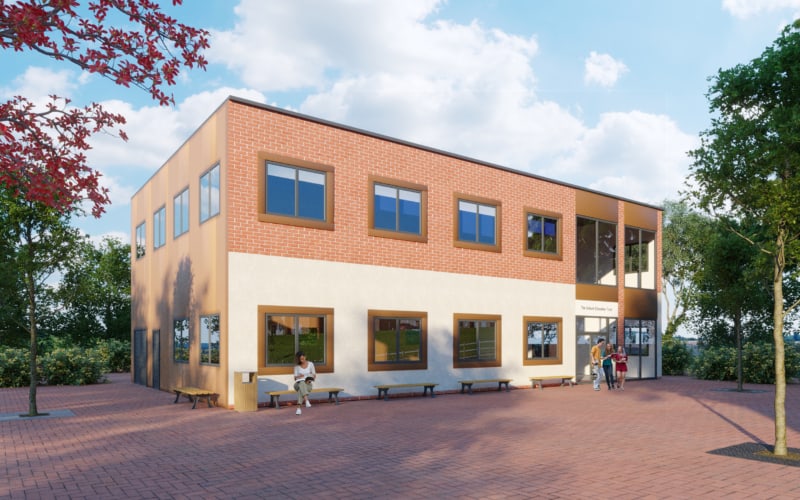04.08.2022• Modular Buildings
Things to know before you buy a modular building

So you have heard about modular buildings, and with a project coming up, you are interested to know what all the hype is about. Luckily, we have outlined the three biggest questions often associated with first-time modular building buyers and renters. First, though, let’s review some of the key benefits of modular buildings compared to traditional construction.
- Less Site Disturbance – Less traffic on the modular building site with fewer workers and suppliers, saving you time and money.
- Less Material Waste – Controlled disposal of items makes recycling more accessible. Recycled goods are more clearly defined and accessible, leading to a cleaner environment.
- The flexibility of Use – Modules can be moved, assembled and refurbished with minimum energy. You don’t need to commit to a significant, long-term investment.
- Reduce Construction Schedule – You’ll be able to give your website projects a real head start by ordering modules with us. Also, modular construction can stick to a stringent time management plan thanks to no weather cancellations.
- Eliminate Weather Delays – Whether you’re minimizing risks by doing 60%-90% of the construction work in a factory, which in turn produces a faster ROI.
- Safer Construction – Workers work in a controlled environment with less exposure to accidents.
- Built to Code with Quality Materials – Modular buildings must follow standard building codes like any other construction site.
Now that we have covered the basics let’s dive into three of the most popular things people ask when faced with modular buildings for the first time.

Do you need planning permission for a modular building?
In short, yes. All modular buildings are built to the same standards as modern brick and mortar buildings using traditional construction methods. This includes acts on sustainability, minimising the carbon footprint of the building and increasing the flexibility of its use.
In the UK, it is required for all buildings to have planning permission to guide towns, cities and countryside spaces for growth and development. Planning permission takes into consideration the below factors:
- Environmental impact buildings have on the surrounding areas
- Highway access to populated areas
- Landscaping
- The building’s appearance
- The way the buildings use the surrounding land
As modular buildings are held in the same regard and perhaps even to higher standards, if they are to be in place for longer than 28 days, they require official planning permission. Thankfully, many modular building manufacturers offer a complete turnkey service which includes sorting out all of the paperwork associated with planning permission and any legalities around your project. It is always best to consult your local planning authority to establish whether your building will need planning permission or not. Further, the www.gov.uk website has a section dedicated to planning permission if you’d like further information.
Are modular buildings cheaper than traditional buildings?
Modular buildings are cheaper than traditional buildings, usually between 10-35% depending on your specifications. It is one of the main benefits of choosing volumetric construction over linear construction. The streamlined process allowed for significant savings through economies of scale and lowered design costs. Let’s take a look at what makes modular construction so much cheaper for the client:
- Volumetric construction is the process of construction that takes place off-site and is put together on-site later. With 90% of construction in a controlled environment, weather disruptions, theft and vandalism are mitigated.
- No material waste due to manufacturers’ ability to control explicit materials’ usage. This also contributes to a more sustainable construction method, with multiple benefits to help you offset your environmental impact and carbon footprint.
- Materials are cheaper because manufacturers can order in bulk and store them safely in the factory when needed, and the materials do not go to waste due to weather damages.
- Modular construction is 30-50% faster than traditional construction of the same size. This reduction in time means significantly less labour is required but also cuts fuel, material, and transportation costs.
When considering taking on a modular building project, compare your expectations against our current modular building stock. These buildings are ready to go and help provide an idea of costs for a similar-sized installation or a similar purpose.

How long does it take to make a modular building?
From start to finish, you could get a new modular building installed in 90 days. That means that compared to traditional building methods, you will have made a significant return on investment by the time a conventional building is completed. You will have enjoyed approximately 80 days of being open for business and 90 days of ROI. With up to 50% time savings over traditional construction and an average construction time of 180 days, modular accelerates ROI with every day. Did you know that 66% of businesses using modular methods have reduced project schedules with a 35% decrease of four weeks or more? With modular construction, there are significant time and money savings to be had that compact on each other over time.
We have covered three widespread concerns for buyers of a new modular building. We can confirm that all modular buildings in place over 28 days need planning permission. We have assessed the quick pace it takes to build a modular construction and the considerable affordability of modular buildings compared to their traditional counterparts.
So now that you have read up on a few things you might need to think about before embarking on a modular building project, you are ready to give us a call. Contact us early so you can be sure to have your modular building ready when you need it. Our modular building experts are on the other end of the phone to give you advice and premium service.
Related Posts

31.10.2024• Modular Buildings
How Modular School Buildings Support Modern Teaching Methods
As teaching methods evolve to meet the needs of today’s students, schools require flexible, adaptive spaces to support innovative learning experiences. However, traditional classrooms...
Continue Reading
31.10.2024• Modular Buildings
Why Modular Buildings are the Future for Growing Businesses
From startups to large, established companies, flexibility and efficiency are integral to business growth, especially when it comes to physical space. Though effective, traditional...
Continue Reading
19.09.2024• Modular Buildings
Why Businesses Are Choosing Modular Solutions for Sales & Marketing Suites
First impressions count, and businesses need to make the most of those experiences. Sales and marketing suites offer companies a unique opportunity to showcase...
Continue Reading